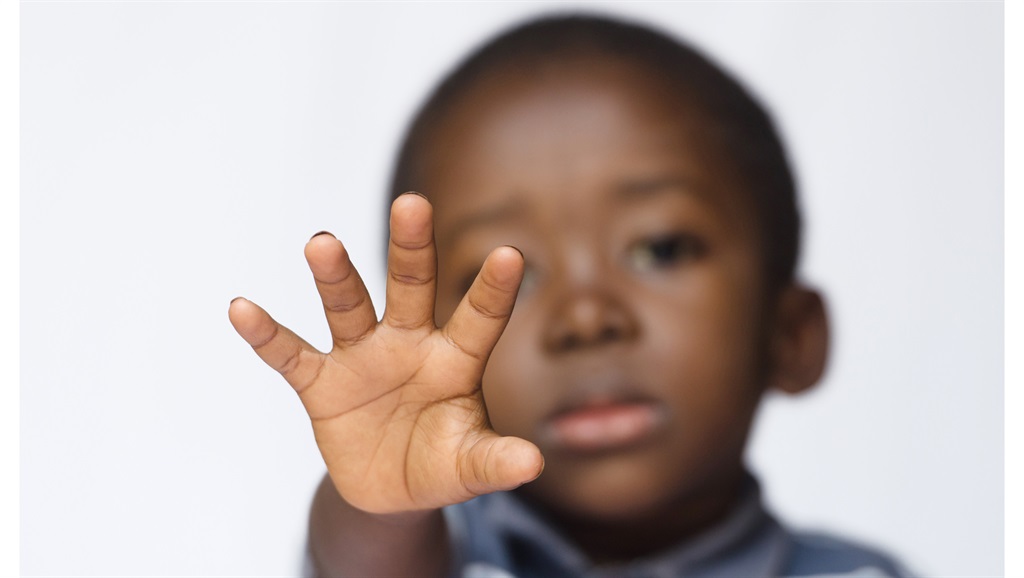
If you mention the names Lumka Mkhetwa and Michael Komape to anyone five years from now, apart from their families, chances are no one will know who you are talking about.
They are not going to go down in history books as leaders or champions because they will never get a chance to make their dreams come true.
They were failed by a system which is extremely cruel and unfair to a poor black child.
If you still wondering who Lumka and Michael are let me refresh your memory.
Lumka Mkhetwa died earlier this year in March. She drowned in a pit toilet at her school in Bizana in Eastern Cape in March.
Her story is no different from that of Michael Komape, who also drowned in one of these latrines at school in 2014 in Polokwane, Limpopo.
This year a Limpopo court dismissed the Komape family’s claim for general and constitutional damages for his death. Salt had been added to their wounds.
What is more devastating is that it seems our society has become immune to the atrocious acts children are subjected to every day.
We can all agree the system is failing us but when you look at the conditions at homes and speak to our children, you are left hopeless at the feedback: so many people grow up in loveless homes.
Children are seen as burdens in modern Africa. In our African ways life is worthy to be celebrated and this is proved by how we name our children. The names we give our children always affirm life and progression.
But it seems colonisation – which aimed to destroy everything that meant unity in black societies – has succeeded in breaking the family structure.
Colonisation left us with a deep sense of self-loathing and because we lack self-love we cannot love our children.
Psychologists will attest to the fact that a parent with a poor self-image may not be capable of loving a child even if they feel they do.
What they feel internally should have a external component (in actions that are loving) in order to have a positive effect on their children.
Intention is no substitute for nurturing love that is given by a psychologically healthy and stable adult.
The assumption that parents are predisposed to love their children unconditionally and protect them from harm is not universally true
Last month a Port Elizabeth man was filmed hurling his toddler off the roof of a shack. In the same month a mother was sentenced to life in prison for protecting the rapist of her two-month-old baby.
These are cases that have made headlines but there are many cases of toxic relationships between parents and children that are not documented or reported.
To have a thriving economy we need self-assured, confident and vibrant adults. A adult who lacked parental love as a child is not likely to be confident and have a positive self image.
In 2017 it was reported that, according to the London School of Economics and Political Science 2016 Idea study, depression in the workplace cost South Africa R230 billion and 5.7% of the GDP.
This reveals the severity and realness of depression in our society. Most adults carry pain from childhood experience which they cannot articulate.
I am an African child who was born and bred in a rural village in Tsomo in the former Transkei.
As a child born in the 80s, I was taught to be obedient to adults and as a girl child I was taught my chores. '
I am grateful because I was raised in a home where I was loved unconditionally and my grandmother had my best interests at hearts and her good intentions translated externally to warm embraces, kind words and sometimes firm discipline.
She had visionary parenting and sacrificed her money, time and everything for me.
Most people I know grew up in the same loving environment I grew up in but, sadly, not all homes feel like homes.
Something has gone terribly wrong in how we are wired to see children and it is up to us to break these patterns by not speaking out. We must fight this pandemic of raising children in loveless homes.
As a parent, I have learnt that parents are humans who are imperfect and are dealing with their own pain.
I have learnt that the best I can do is love my child and build her self-image by having a healthy relationship where she will be able to express herself without fear that she will be criticised, made fun of, talked down to or disrespected.
Two of the biggest signs of any toxic relationships are cruelty and fear.
If your children fear you and walk on eggshells to please you then you have substituted a respectful and loving relationship with a toxic relationship full of fear, anger and resentment.
We come from a culture where we take care of our young ones so they may take care of us when we old.
We don’t throw our elderly relatives in old-age homes. Our culture is one of unity and unconditional love.
We believe in the inherent good of humans and that people become an ancestors to us regardless of their imperfections.
The government has put systems and programmes in place to empower black communities but we must first go back to basics and fix the most important unit in society – which is family.
Home is where we first encounter love and it is where we first learn appropriate – or inappropriate – behaviour.
• Yolanda Mhlungu is a communications science student




 Publications
Publications
 Partners
Partners








